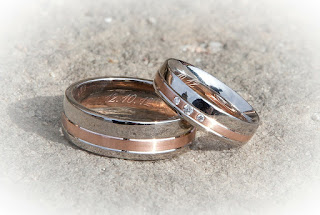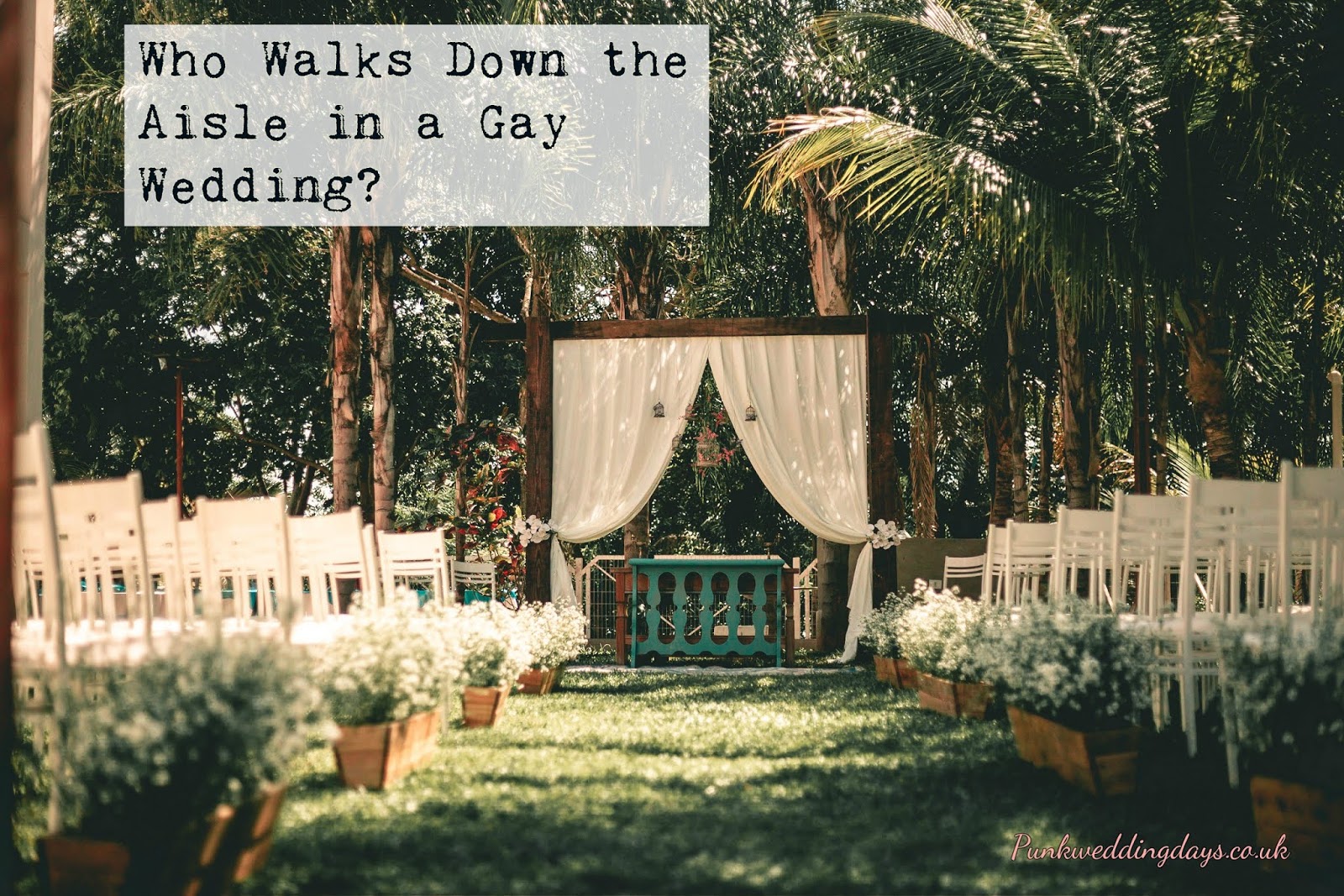Civil Partnerships 10 years on: Renewing Your Vows

This article was updated in June 2015
Gay marriage may be relatively new here in the UK, but civil partnerships have been around since 2005.
It means that some couples will be celebrating a decade as civil partners in 2015.
And ten is a nice round number, isn't it?
Round enough to celebrate with more than just champagne, chocolates or a weekend away. In fact, a decade together is the perfect opportunity for a vow renewal.
Of course, in a civil partnership there aren't actually any vows. Couples can exchange a few words (many do), but there's no legal requirement. It doesn't matter, however, whether you had a wedding or a civil partnership, the sentiment is still the same and so, too, are the reasons behind having a vow renewal: celebrating and reaffirming the commitment you both made to your relationship.
Equally, in this last year, couples can now convert their civil partnership into marriage and for many that's something worth making an occasion of.
Why are vow renewals popular?
- They can mark a significant anniversary
- They reconfirm the promises, meanings and affection behind the original commitment
- If there have been difficulties in the relationship: infidelity, illness, conflict within close circles, bereavement or financial pressures then a vow renewal is a good reminder of the strength and power of a solid relationship
- Second time around, they can offer a couple what they want. Perhaps now that the couple is more financially stable
- If a couple are converting their civil partnership to marriage and want to make an occasion of it.
- If someone wants to surprise their other half with a romantic gesture. There's no legal requirements, so the other person doesn't have to know.
- To reaffirm a commitment in front of new friends, new family or in a new place.

Vow renewals can be small and intimate or opulent and grandiose. They don't have to be serious, and they don't even need a celebrant. They can happen anywhere, too: parks, pubs, on a beach or in a hot air balloon. Some couples might even want to ask a friend or family member to lead the service instead. The entire thing can be dictated by the couple rather than by familial presumption or by the requirements of the law.
Perhaps, you could do it abroad, too. Without the ridiculous bureaucracy that comes with civil partnerships and weddings, you'll find plenty of places willing to commit to a blessing. And that way you'll probably guarantee some sunshine, too.
A renewal is also when a couple can connect with any religious or spiritual beliefs. Religious content is not allowed in civil ceremonies and that can sometimes be a big compromise if you're committed to religion. Talk to your celebrant to find out more about how they can help bring some faith into your ceremony.
Finally, and forgive us for sounding a little morbid on this one, but a vow renewal is a good time to consider end-of-life care as well as any will arrangements. It can be difficult to do this normally, but a vow renewal is a good opportunity to honour the past whilst thinking of the future.
If you love your partner enough to recommit to them, then you love them enough to have an open and honest conversation about what could happen as you grow older together.
If you love your partner enough to recommit to them, then you love them enough to have an open and honest conversation about what could happen as you grow older together.
If you’re considering a vow renewal, then don’t forget to check our directory for celebrants.
Have you had a renewal? Are you hoping to have one? Drop us a message below and let us know what you think.








